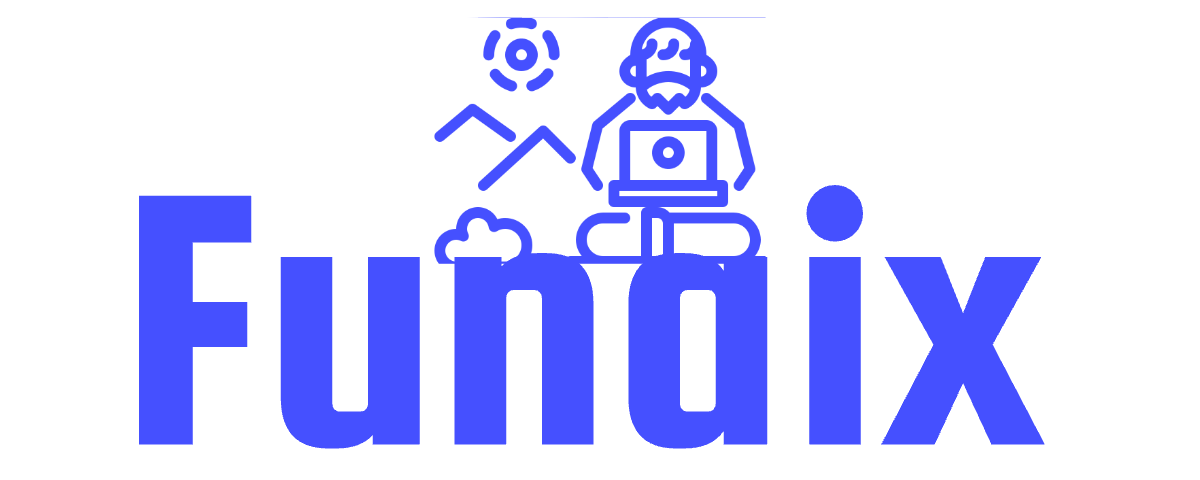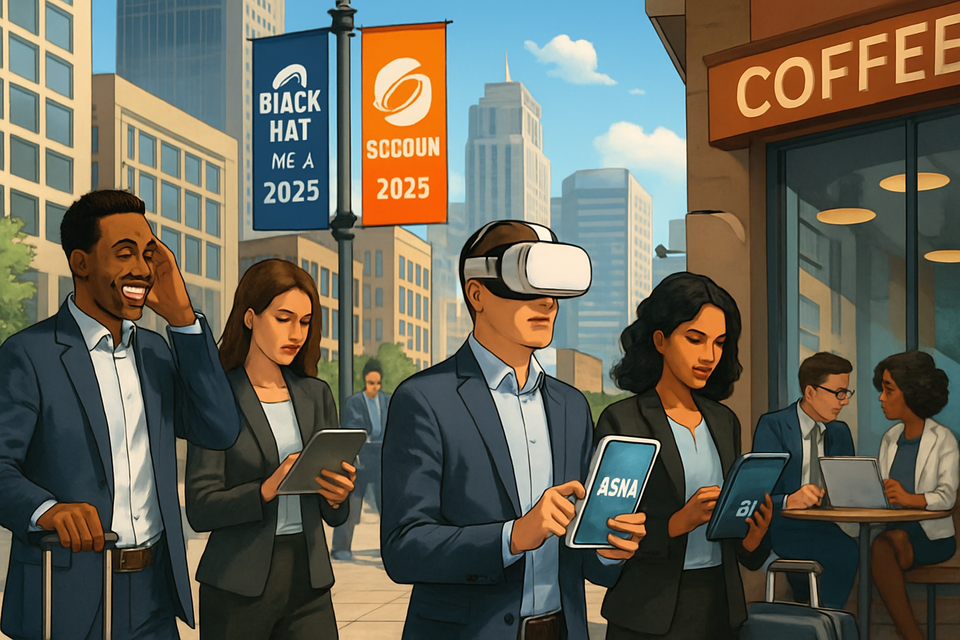The Unspoken Downsides of Over-Optimizing AI Prompts: When 'Prompt Engineering' Makes Things Worse
Over-engineering AI prompts can stifle creativity, amplify biases, and kill digital serendipity. Embrace ambiguity and invite surprise; remember, it's about collaboration, not control.

Are We Prompting Ourselves Into a Corner?
Somewhere between your fifth AI prompt hack and your seventh LinkedIn post about the perfect “role prompt,” you may have noticed a creeping sense of déjà vu. It seems like everyone is on a relentless quest to wrangle the best out of ChatGPT, Gemini, Claude, and their digital cousins. But what if the pursuit of perfect prompts is—brace yourself—making our AI experiences worse?
“Prompt engineering is like seasoning soup: a pinch brings out flavor; a handful ruins the meal.”
Let’s stir the pot and examine why the art (and obsession) of prompt engineering might be stifling more than it’s serving.
The Hidden Perils of Too-Clever Prompts
1. Creativity Gets Boxed In
Ask any psychologist: creativity thrives on ambiguity, surprise, and serendipity. But when prompts become hyper-specific—"You are a world-class poet, write a 12-line sonnet in iambic pentameter about bioluminescent squid, using only nautical metaphors and a dash of existential dread"—we’re not giving AI a canvas, but a coloring book with every line already drawn.
Result? The unexpected vanishes. Instead of delightful surprises, you get the digital equivalent of a paint-by-numbers masterpiece. (Which is to say: technically impressive, but a little lifeless.)
2. Algorithmic Bias: Now with More Specificity!
The tighter your prompt, the more you risk amplifying your own blind spots. AI ethicists warn that narrowly defined instructions can reinforce existing biases—yours, or those lurking in the model’s training data. “When you over-engineer prompts, you’re steering the AI down a path paved with your own assumptions,” says Dr. Lena R., an AI ethics researcher. “You might miss the broader context, or worse, perpetuate stereotypes without realizing it.”
3. The Death of Digital Serendipity
Remember the thrill of stumbling across an odd but brilliant AI suggestion? Over-optimized prompts leave little room for discovery. When you script every move, you squeeze out the happy accidents—the quirky metaphors, the offbeat analogies, the left-field ideas AI sometimes conjures.
“I used to use ChatGPT to brainstorm wild story ideas,” says Maya, a novelist. “Now, with all the prompt tricks, it feels like I’m just micromanaging a robot writer. The magic’s gone.”
4. Prompt Fatigue: When the Journey Outpaces the Destination
Let’s be honest: crafting the “perfect” prompt can become a productivity black hole. Instead of focusing on the work, you’re fiddling endlessly with instructions. It’s like rearranging the deck chairs on the Titanic while your creative ship slowly sinks.
When Optimization Becomes Overkill
- Over-optimization is a form of control-freakery. And it’s exhausting (for you) and stifling (for the AI).
- Prompt engineering can create an illusion of mastery. But sometimes, good enough is… well, good enough.
- More isn’t always better. Sometimes, it’s just more.
How to Restore Balance: Tips for the Prompt-Weary
- Embrace ambiguity. Try open-ended prompts. Let the AI surprise you. A little chaos is the spice of digital life.
- Check your assumptions. Before you get hyper-specific, ask yourself: Are you narrowing the field too much? What voices or ideas might you be leaving out?
- Iterate, but don’t fixate. It’s fine to refine your prompt. Just don’t let it become an endless loop of diminishing returns.
- Invite serendipity. Occasionally, toss in a wild card prompt (“Write me something I wouldn’t expect!”) and see what happens.
- Remember: It’s a tool, not a test. The goal isn’t to win at prompt engineering—it’s to create, discover, and sometimes be delighted by the unexpected.
A Word from the Wise (and the Witty)
“The best conversations—whether with humans or machines—are a tango, not a script.”
So, the next time you’re tempted to write a prompt longer than an Oscar acceptance speech, pause. Ask yourself: Am I controlling the AI, or am I collaborating with it?
Want more smart, honest takes on AI, digital wellness, and the future of creativity?
Subscribe to Funaix Insider for free—and get exclusive insights, debate, and the chance to comment (only subscribers can read and write comments, but subscribing is free… for now!).
Published: August 16, 2025




